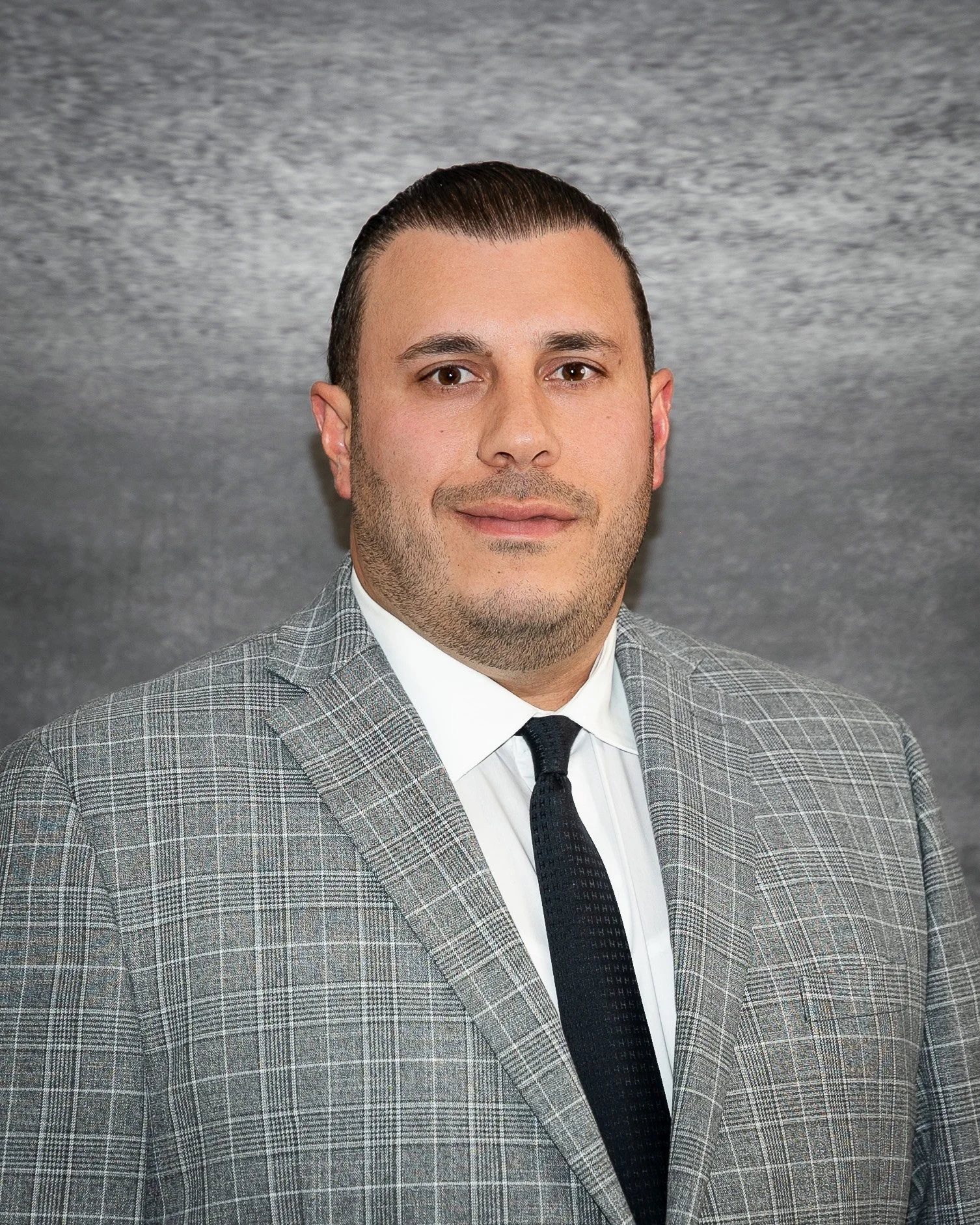Michigan’s Marijuana Market Matures
The interior of a Puff Cannabis dispensary.
By Paul Natinsky
Michigan’s marijuana market is emerging as one of the most mature in a vastly complex web extending across the country. But the state’s status is a mixed blessing, according to some of the industry’s stakeholders.
The biggest and most ironic conundrum affecting weed sellers remains the drug’s federal illegal status contrasted with regulation that varies from state to state. The patchwork of state regulatory approaches that stitch together the Midwest market make the industry lucrative, but tough to navigate.
Michigan has a very low tax on marijuana—10 percent—compared to surrounding states, which range from about 30 percent to more than 50 percent in added levies at the register, said Mike Bahoura, an attorney specializing in cannabis regulation who owns four dispensaries under the Pure Cannabis banner.
In the years since the 2018 referendum legalizing marijuana sales in Michigan, a greatly relaxed licensing process evolved into to the state’s regulatory mix cratering pot prices in Michigan.
Nick Hannawa of Puff Cannabis.
Surrounding states such as Illinois and Ohio feature higher taxes and more restrictive licensing programs than Michigan, while Indiana has yet to legalize marijuana. Bahoura says this has created colonies of marijuana stores in border towns in southern Michigan. Towns like Monroe and New Buffalo have dozens of dispensaries dotting their landscapes—so much so that New Buffalo has earned the moniker “New Puffalo.”
Nick Hannawa of Puff Cannabis says his company built its business with stores on the Ohio, Indiana and Wisconsin borders. Puff has 13 dispensaries in Michigan with the recent additions of locations in Menominee and New Buffalo. The company has also moved into its new 20,000-square-foot headquarters in Troy, which houses the company’s in-house marketing department, in-house controller, in-house inventory manager and in-house chef.
This witches’ brew of low taxes and loose licensing is accelerated by state and local tax windfalls.
The first six months of 2025 saw $1.31 billion in cannabis sales, according to the Cannabis Regulatory Agency. Excise taxes collected in 2024 totaled $331 million. License fees for May 2025 totaled just under $4 million.
So state and local government has much to gain promoting high-volume marijuana sales, while proprietors are left with severe price compression and low margins.
Homefield Advantage
Pure Cannabis and Puff have succeeded where national players, such as TerrAscend and its Gage-branded stores have failed. In early July, TerrAscend announced that it was closing its 20 Michigan locations that employed more than 200, labeling the Michigan market “extremely difficult.”
“They weren’t able to weather the storm. At Puff, we have built a company that is able weather the storm. And we’ve been able to continue to expand,” said Hannawa.
Despite his company’s success, Hannawa would rather operate in a controlled market, where licenses are limited and product prices remain high enough to support the industry. Puff is considering deals in Kentucky and other states where those conditions prevail.
High volume and low margins are familiar to both Hannawa and Bahoura, both of whom have roots in the grocery business. Grocery-business like conditions have been a major factor in driving out well-financed companies because the newcomers don’t understand how to operate in Michigan. Bahoura says he would much rather have as neighbor a multi-state company operated by businesspeople unfamiliar with the market then a homegrown Michigan company.
For those thinking about taking a flier on Michigan’s soaring, but complex market, bad news. It’s too late.
First to market brands that built a customer base from the early days are the ones that are thriving, says Hannawa. “The days of thinking that you can be a lone ranger and just apply for a license and open stores in one or two cities is basically over.”
“If new potential clients call me, my best advice is don’t get in the industry, it’s too late,” said Bahoura. “It’s really difficult to enter the Michigan cannabis space at this time if you’re not already established, if you don’t already have the network of vendors and brand partners…it would be a very difficult time for somebody to try to open up. And the chances for success are much smaller than they were five years ago.”
One Step Forward…
While marijuana market dynamics continue to evolve, some major regulatory structures remain at a standstill. As mentioned, the drug remains illegal under federal law. While those engaged in the industry are ignored from a federal criminal perspective and industry operatives have figured out how to perform basic business functions without the use of federally insured banks (largely through specialized credit unions), interstate commerce involving marijuana is prohibited and the industry cannot deduct typical business expenses from its tax bill.
Bahoura says there are some ways around these restrictions if a dispensary owner also has growing and processing operations. But lack of federal movement continues to be an impediment to industry growth. He says the well-financed pharmaceutical industry with its heavy Washington influence views marijuana as a threat to sales of prescription drugs. Bahoura says the marijuana industry has a tiny lobbying budget by contrast.
While operating a marijuana business in Michigan is loaded with challenges, for those who got in early, know the state and have weathered the storm, it seems there is sunshine on the horizon.


